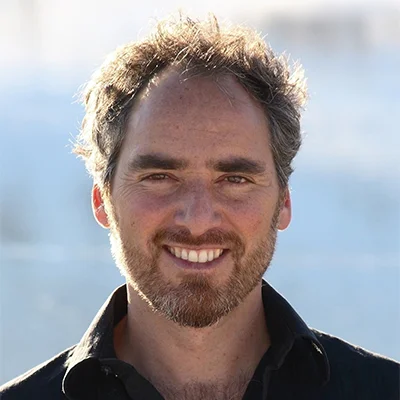An Exploration of Self-Regulation: The Neuroscience (Part 2)
Rachael Brody
This is Part 2 in a series explorating Self-Regulation and the Path to a More Easeful Life. You can read Part 1 here.
As we explore the territory of self-regulation, it’s useful to dive into some of the neuroscience. Understanding the neuroscience of what happens when we get dysregulated and “lose it” empowers us with tools and insights for navigating difficult situations.
Daniel Siegel is an insightful neuroscientist who has some very useful models we’ll be relying on here. The first is the “brain in the palm of your hand.” The amygdala is the part of the brain that registers threats, and controls some of our deep seated emotions like fear and anger. The Cerebral Cortex and in-particular the Pre-frontal Cortex is the part of our brain responsible for higher thinking and problem solving and can be represented by the fingers, which wrap around the thumb when we make a fist.
(You can also watch a brief video of Daniel Siegel explaining this)
When our amygdala is activated by a perceived threat (say a fire) then we “flip our lids” and go into emotionally driven action (appropriate is truly dangerous circumstances). However, there are other times when our amygdala gets activated and pushes us into emotionally driven actions when we’d be better off operating from our Prefrontal cortexes, for instance in the case of an argument with our partner.
This is why I so often use the acupuncture point on the ear called “amygdala” which helps to reset that part of the brain and is incredibly calming.
Okay, so now that we have some of the neuroscience let’s look at some neuroscience based practices.
In the moment practices:
Tense and Release -
Clench and tense your fists, arms, shoulders, whole body for as 5, 10, 15 seconds, and then release. But don’t just do it once, do it 2-3 times and continue clenching even after you start to feel like you’re tired. You may have heard of this, you may have even tried it. It is truly magical, or at least it has been for me. It resets your nervous system and lets you reengage from a new place.
Notice your Breath
You’ve almost certainly heard this one, tried this one, and it might even be a little frustrating to hear it again. And yet, there’s so much about the simplicity of the breath, and the way it interfaces between the autonomic and conscious nervous systems that make this practice so helpful. It can also be helpful to feel into the rest of your body after noticing your breath.
Orient - touch feel, listen
If you’ve ever come across an unsuspecting animal, say a deer on the trails, you may remember what they do. They immediately pop into awareness and orient towards their surroundings. They survey sights, sounds, and smells to evaluate the danger (or lack thereof). This can be helpful when our nervous systems get charged. Take a moment to notice what color the walls are painted, where is the light coming from. Are there any smells in the air? How does the fabric of your clothing feel under your fingers? These simple and concrete contacts with our surrounding can help calm our nervous system.
Three simple practices you can employ in the moment, when you’ve “flipped your lid.”
“What are your practices? Please share with us your favorite techniques for getting reset and grounded when you’re feeling crazy.
You can learn more about ways of coping with anxiety in general here.











